And a possible solution…
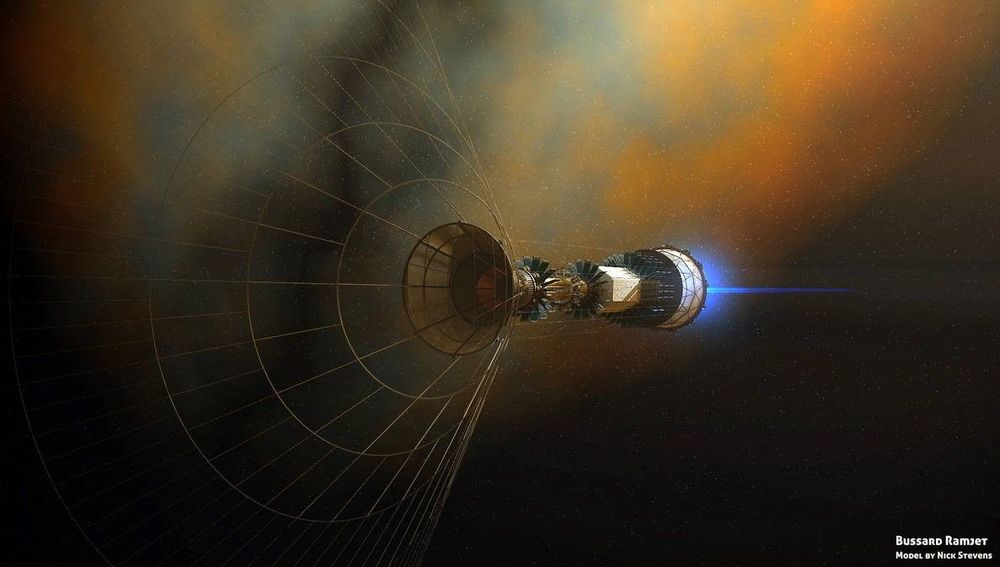

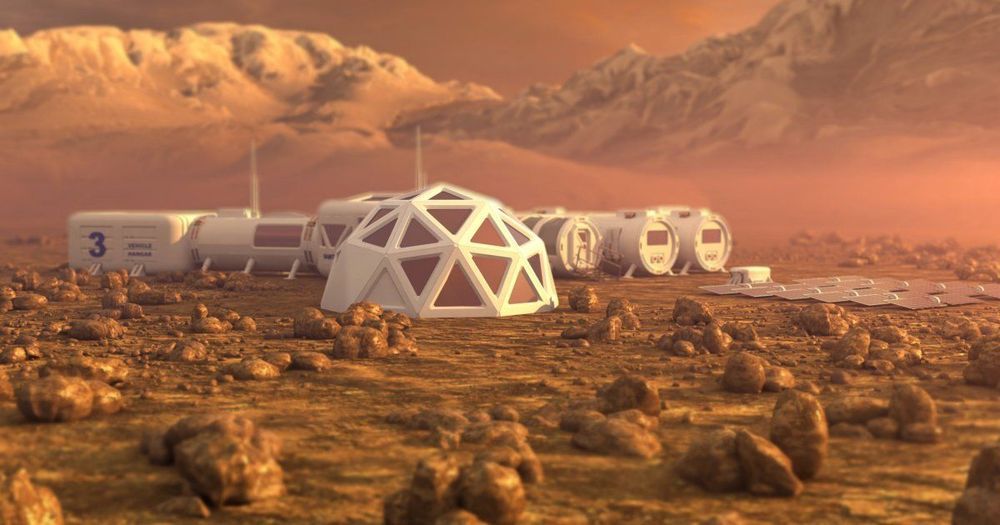

We can do this by shrinking the size and mass of the spacecraft, allowing many to be launched together.
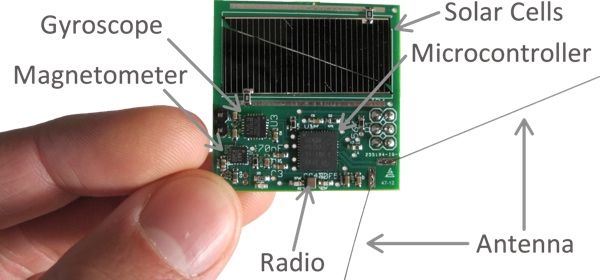
The Sprite is a tiny (3.5 by 3.5 centimeter) single-board spacecraft. It has a microcontroller, radio, and solar cells and is capable of carrying single-chip sensors, such as thermometers, magnetometers, gyroscopes, and accelerometers. To lower costs, Sprites are designed to be deployed hundreds at a time in low Earth orbit and to simultaneously communicate with a ground station receiver.

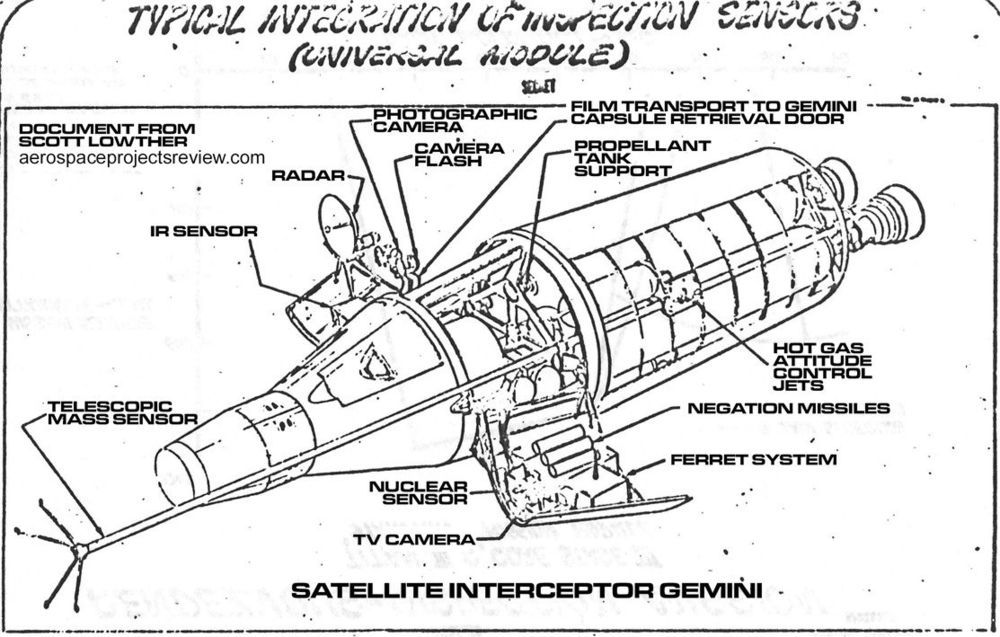
 Among science fiction stories with space flight, the overwhelming majority are about combat, both between spacecraft and between futuristic ground troops. Not to mention the occasional starship marine assault trying to board a hostile ship while in flight. Yes, there are a few non-combat stories, mostly about exploration, but space combat is here to stay.
Among science fiction stories with space flight, the overwhelming majority are about combat, both between spacecraft and between futuristic ground troops. Not to mention the occasional starship marine assault trying to board a hostile ship while in flight. Yes, there are a few non-combat stories, mostly about exploration, but space combat is here to stay.
This is just the natural continuation of the process of militarisation of space
Which naturally leads to questions about the space branch of the military of various nations. The “astro-military” in other words. Some may start out as a subdivision of an existing branch and eventually grow large enough to split off (such as how the US Army Air Corps spit off to become the US Air Force in 1947). Some may grow large enough to absorb other branches of the military, others may be reabsorbed into other branches. In William Keith’s Galactic Marines series one of the themes of the early novels is how the US Marines fight being absorbed or eliminated. Their solution is diversifying their mission to include performing assaults on Luna and Mars.

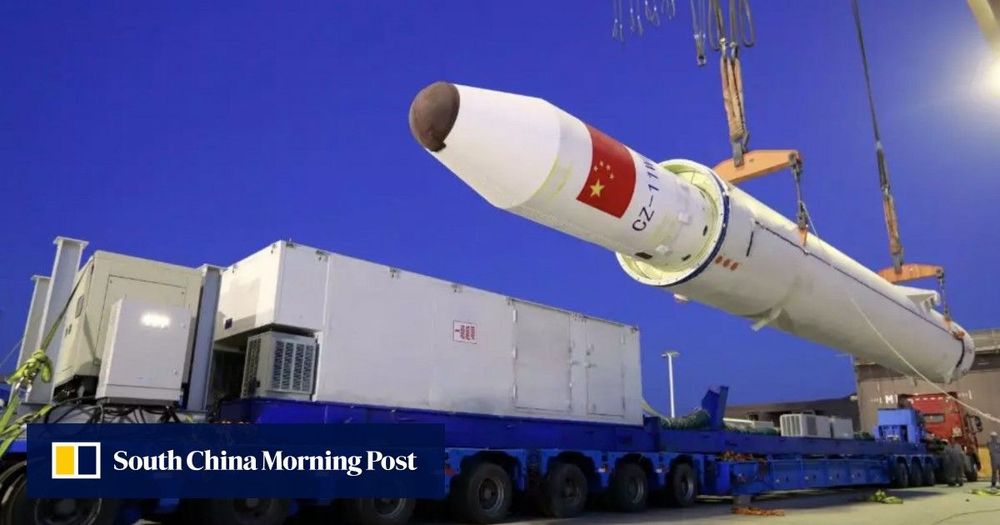
The launch was expected to encounter many technical and engineering challenges, including simplified procedures for pre-launch testing, the rocking motion of the ship and heat dissipation in a confined space.
China has become the first nation to fully own and operate a floating launch platform for its space missions.
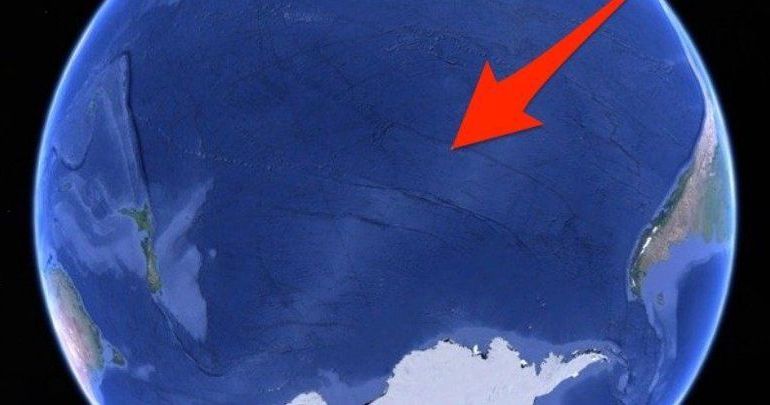
The most remote location on Earth has many names: It’s called Point Nemo (Latin for ‘no one’) and the Oceanic Pole of Inaccessibility. Most precisely, its exact coordinates are 48 degrees 52.6 minutes south latitude and 123 degrees 23.6 minutes west longitude.
The spot is about 2,250 km (1,400 miles) from any spot of land — and the perfect place to dump dead or dying spacecraft, which is why it’s home to what NASA calls its “spacecraft cemetery.”
“It’s in the Pacific Ocean and is pretty much the farthest place from any human civilisation you can find,” NASA said.